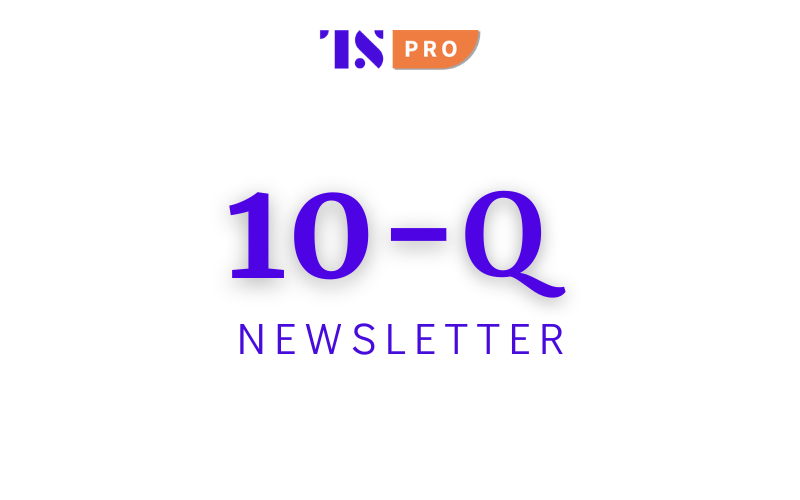10-Q, Member Exclusive
FedNow is almost here: 3 questions with Temenos’ Heman Daswani
- Tearsheet spoke to Temenos' Heman Daswani, about how the new FedNow network will facilitate near real-time money transfers, bill payments, and other consumer activities.
- Shares of Google-parent Alphabet were moving higher, seemingly in response to the WSJ report that the company is planning to add chat functionality to Google Search.








